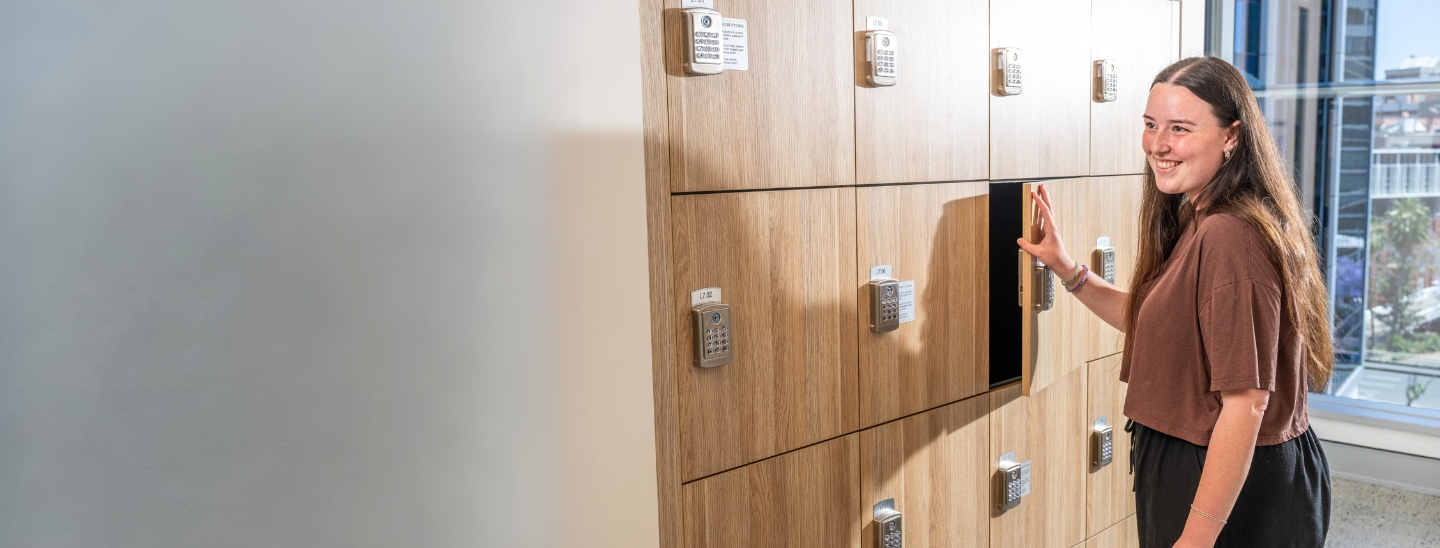Year 12 graduates are admitted regardless of their ATAR results and their ATAR eligibility (those not on an ATAR pathway can be eligible).
Applicants with recent secondary education (in the last 5 years) receive guaranteed entry when they have obtained a:
- A Queensland Certificate of Education (QCE), or
- Passes in at least three (3) general/applied subjects from Year 12, or
- The equivalent from any state or territory, or
- A Certificate III or higher
Please note: Australian citizens, New Zealand citizens, and Australian Permanent Residents, who are from a non-English speaking background and whose previous secondary studies were not completed in the following countries; Australia, Canada, New Zealand, Republic of Ireland, United Kingdom or the United States of America, must demonstrate a suitable level of English language proficiency before being admitted into a program.

